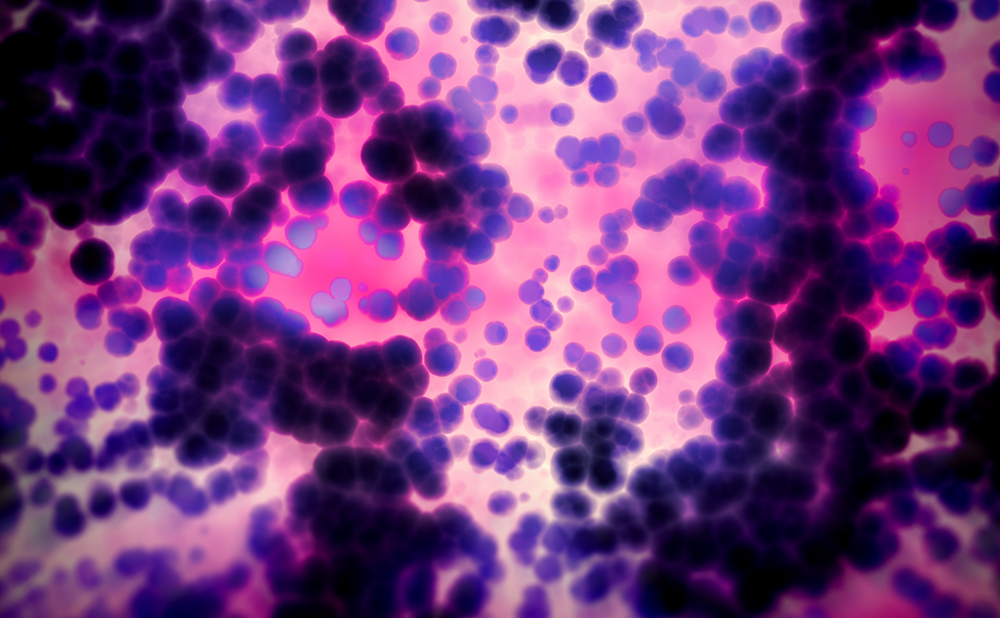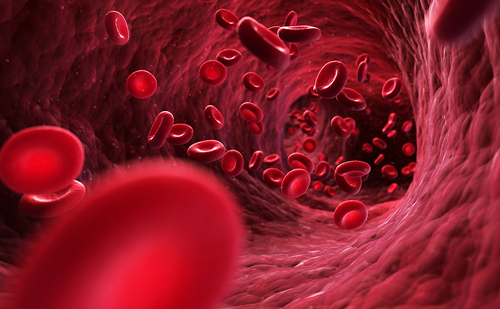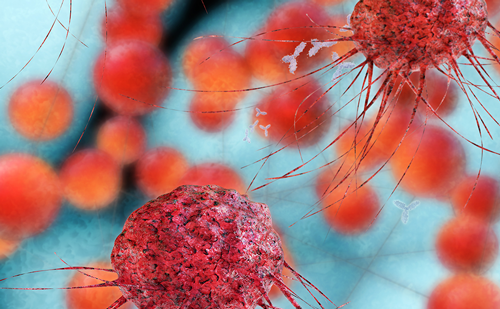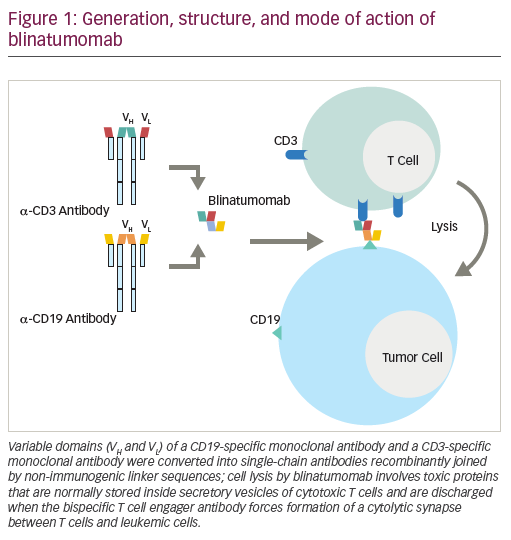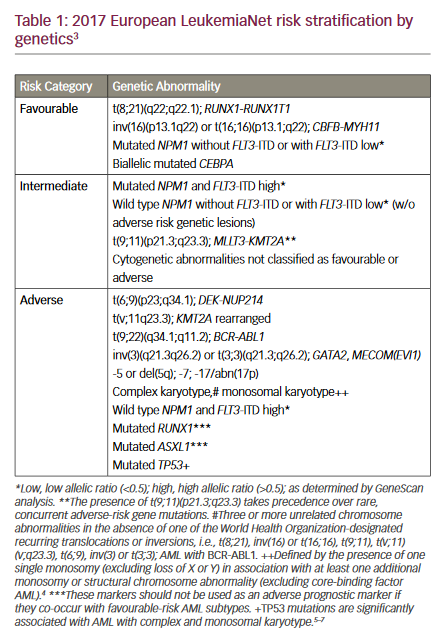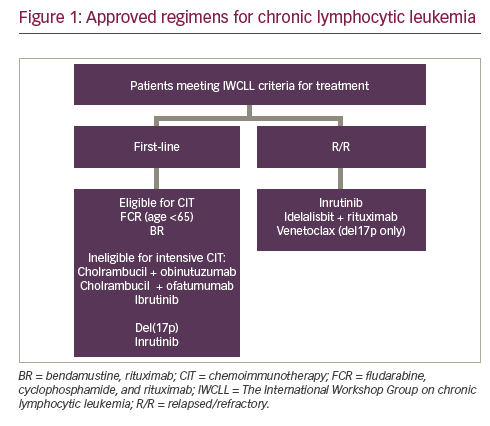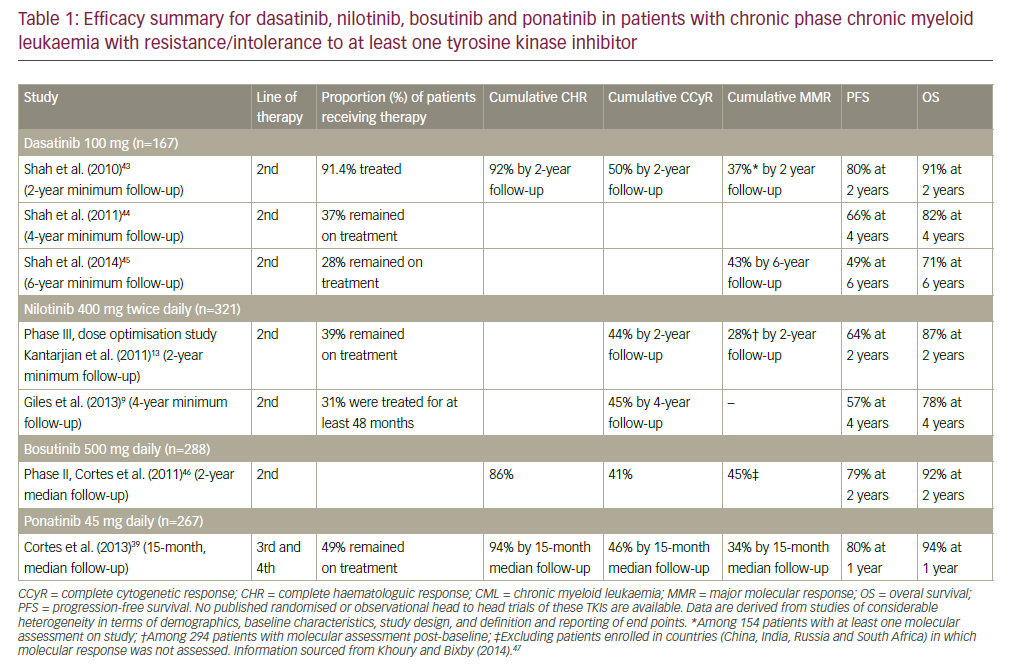It is hard to imagine a world without the technology we take for granted in our personal and professional lives. The explosion of information that informs and supports almost everything we do has radically changed and will continue to affect oncology care and the roles of oncology nursing.This and many other issues are addressed in US Oncological Disease 2006.
It is hard to imagine a world without the technology we take for granted in our personal and professional lives. The explosion of information that informs and supports almost everything we do has radically changed and will continue to affect oncology care and the roles of oncology nursing.This and many other issues are addressed in US Oncological Disease 2006.
Age is the single greatest risk factor for developing cancer. Global population demographics are striking from two perspectives—the population is aging and the birth rate is decreasing. In the next 20 years, the elderly population in the US will double to become 77 million. Seventy-six per cent of all cancers diagnosed in the US are in those aged 55 years or older; the increase is due to an aging population, the use of tobacco, and adoption of unhealthy lifestyles. Globally, there are significant disparities in cancer mortality and 50% of cancer patients die from their disease in wealthy countries.
Recent advances have increased the medical team’s dependence on technology. New methods and processes of diagnosis are becoming standard practice due to the ability to communicate rapidly. Telemedicine, once just a possibility, now allows us to transport cancer expertise to all corners of the world. The integration of telecommunications technology into healthcare research, diagnosis, delivery, and education allows oncology healthcare team members to communicate, collaborate and learn from distant locations. Telemedicine has the capacity to reduce health disparities by bringing highly expert care to underserved populations, facilitating integration of regional, national, and international expertise, and removing the constraints of time and distance. By allowing oncology patients to remain within the support structures of their own communities, quality, efficiency, and cost savings can be realized. There will be a significant need for oncology nurses who are expert in telemedicine technology and able to provide care in many non-traditional sites while managing patients in an autonomous manner.
The Human Genome Project has had a marked impact on cancer care. The identification of all genes and their sequence in the human DNA has provided a foundation for genetic discoveries—both the etiology and potential treatments for many tumor types. Gene expression profiling can help distinguish between patients at high/low risk for development of distant metastases.The use of genomic profiling is starting to replace traditional prognostic and predictive factors currently used to estimate risks for recurrence and response to therapy.
Biotherapy/targeted therapy has produced a major therapeutic paradigm shift. The discovery of pathways that transform normal cells into malignant cells and of therapies based on mechanisms that target molecular pathways of tumor growth have supported the development of targeted therapies that have revolutionized cancer care.
The global nursing workforce has reached crisis proportions.The shortage of nurses in the US is projected to be 29% by 2020 with an estimated 800,000 RN vacancies.The HIV/AIDS epidemic has had a negative impact on health systems by increasing demand for health services and by reducing the health workforce availability and performance. The future of oncology nursing is affected by all of these variables. Oncology nursing will require clinical knowledge in genetics, gero-oncology, biotherapy/targeted therapy, and palliative care.
There will be a significant need for policy analysts and advocates as healthcare system changes continue to occur. Nursing ethicists will be in greater demand due to the complexities of issues raised by the Human Genome Project. Oncology care and the roles of oncology nurses will change… there is most likely no limit to that change. Our responsibility is to remain open to new roles, new skills, and to continue to ensure that patients receive quality care. ■
My Learning
Login
Sign Up FREE
Register Register
Login
Trending Topic

12 mins
Trending Topic
Developed by Touch
Mark CompleteCompleted
BookmarkBookmarked
Allan A Lima Pereira, Gabriel Lenz, Tiago Biachi de Castria
NEW
Despite being considered a rare type of malignancy, constituting only 3% of all gastrointestinal cancers, the incidence of biliary tract cancers (BTCs) has been increasing worldwide in recent years, with about 20,000 new cases annually only in the USA.1–3 These cancers arise from the biliary epithelium of the small ducts in the periphery of the liver […]
touchREVIEWS in Oncology & Haematology. 2025;21(1):Online ahead of journal publication


